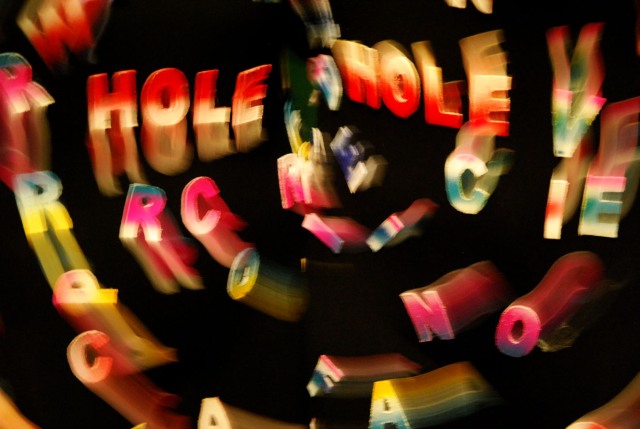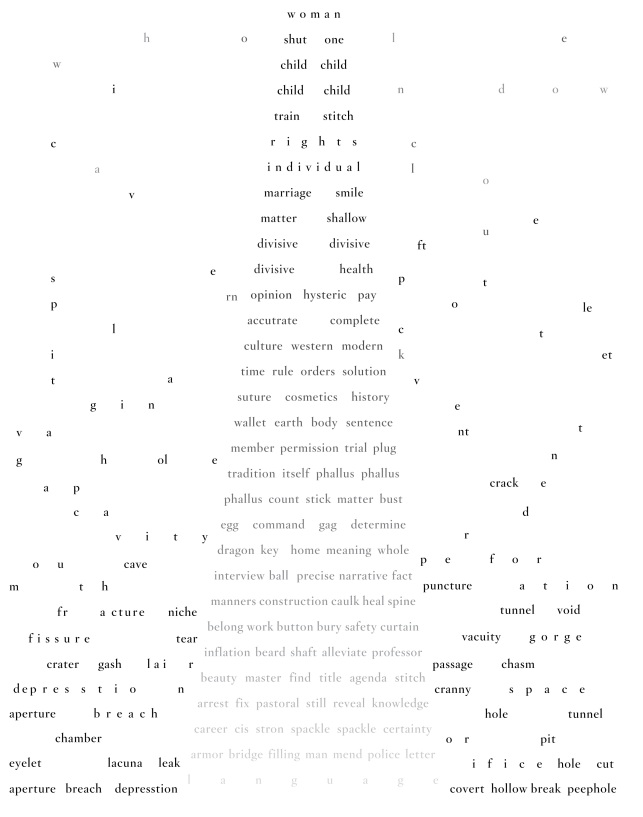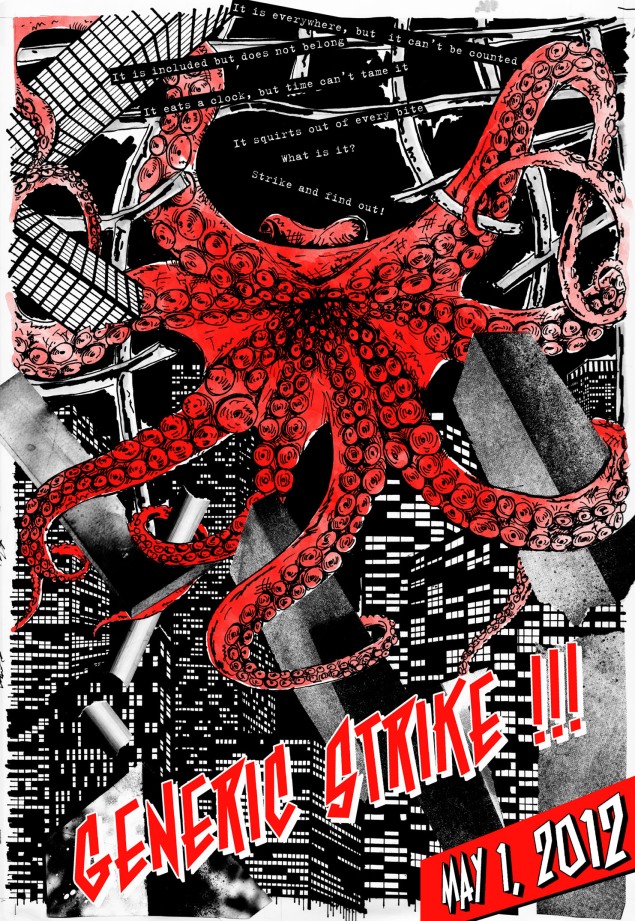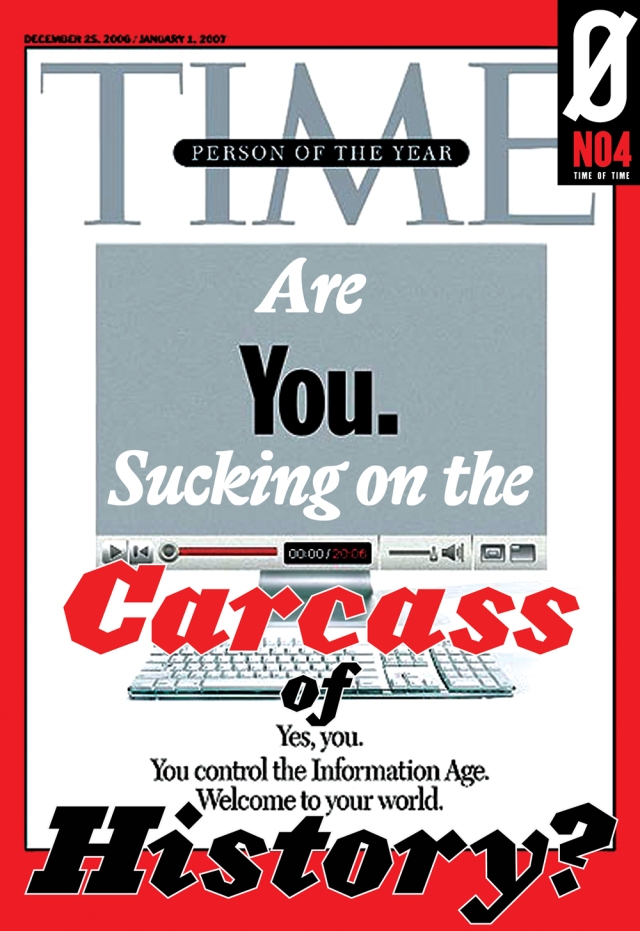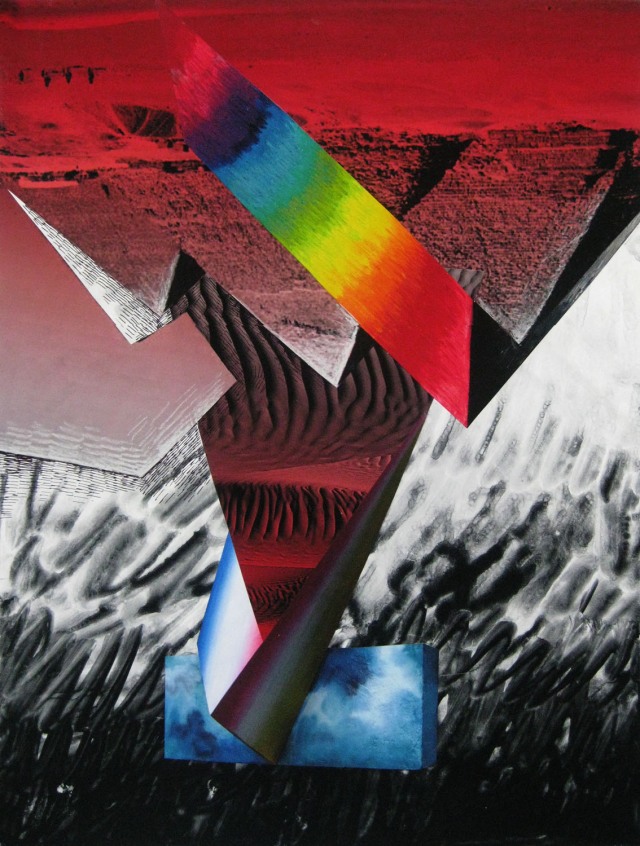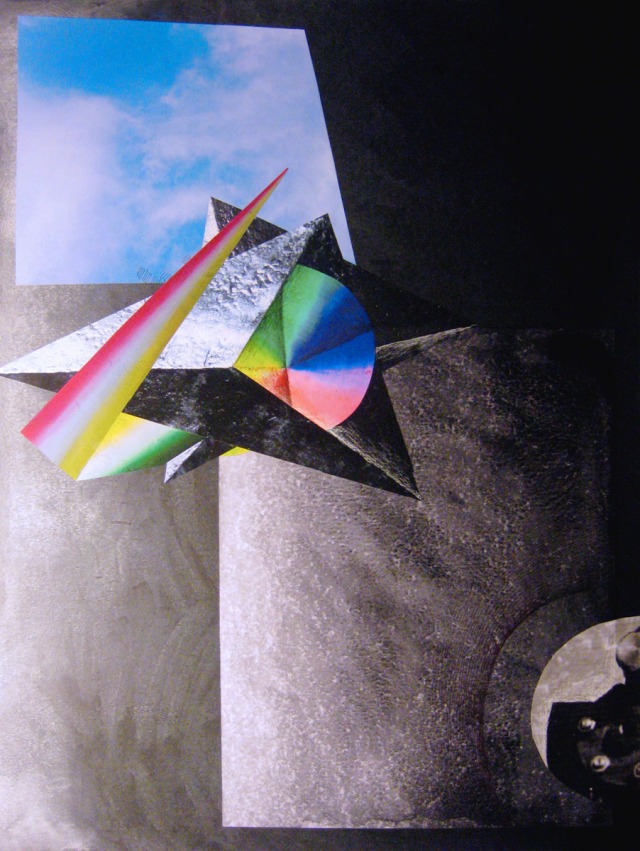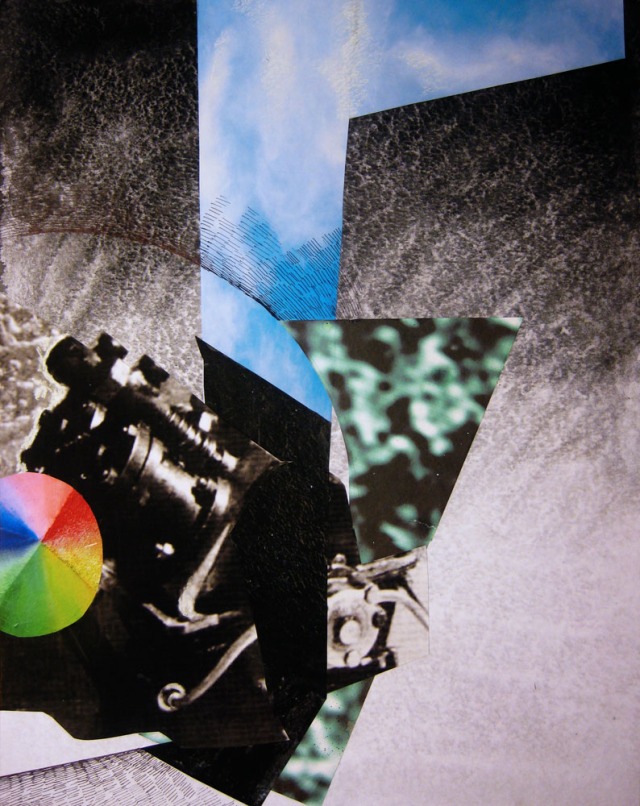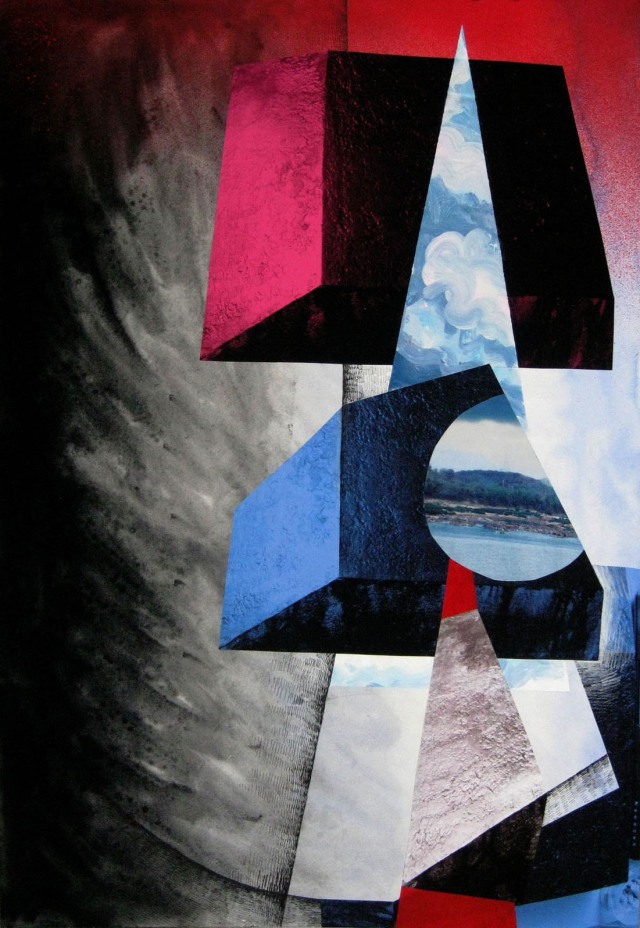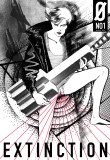ABOUT
Deviate all! Increase the Lack and split the splace!
All music files are uncompressed/unmastered. you might have to turn your volume up.
HOLE

RED BAGEL

VOIDER ISSUES (PDF)


VOIDER RSS LINK!
Follow us on Facebook
-
RECENT POSTS
- Hole 3: One Divides
- HOLE no1
- Between Belonging and Inclusion: GENERIC STRIKE
- ¬∃x[ω=S(x)]
- NO4 “THE CARCASS OF HISTORY”
- Tap Field 8: Night of the World
- Tap Field 7: Steam
- Tap Field 5: Steam Valve Assembly
- Tap Field 4: Interrupter Gear
- ‘What would we have done’, not, ‘What is to be done’
- NO3 “FEAR AND TREMBLIN, OR,THE KING HAS LEFT THE BUILDING” STARRING ALAIN BADIOU
- Tap Field 3: The Space Is Not
- Tap Field 2: Porous Earth
- Tap Field: Indexing
- Incidences: Trench/Voltage Folding
- Incidences: Voltage Mirror
- Phase/Swing Variations for Modular Synthesizer
- Concrete Music
- No2 “BLACK BOX”
- (I Can’t Get No) Satisfaction
- Black Box Blues
- Abdel Hadi Nino – #1 Electric Oud
- Folding
- Arche Orchestra
- No1 “EXTINCTION”
CATEGORIES
- ABDEL HADI NINO (1)
- Casper (2)
- GENERIC STRIKE (1)
- HOLE (2)
- Tap Field (7)
- The Carcass of History (3)
- Uncategorized (1)
- VOIDER ISSUES (4)
- VOIDER MUSIC (16)
VOIDER ARCHIVE
- July 2012 (1)
- April 2012 (1)
- February 2012 (3)
- March 2011 (1)
- January 2011 (2)
- December 2010 (4)
- November 2010 (2)
- October 2010 (3)
- September 2010 (3)
- August 2010 (5)
COMRADES
- An und für sich
- Anarchists Against the Wall
- Anti-State Communism Reading Group
- Archidrome
- BAGEL ABYSS
- ballardian
- Brecht Forum
- chto delat
- critical spatial practice
- Dark Chemistry
- entschwindet und vergeht
- I cite
- Infinite thought
- institute for conjunctural research
- k-punk
- kosmograd
- larval subjects
- Magic Muscle
- More Of The Same
- Mute
- Naught Thought
- No Space
- Not a territory
- not yet dead nyc
- Petroleuse Press
- Red Channels
- Russian Utopia Depository
- sit down man, you're a bloody tragedy
- socialism and or barbarism
- STRIKE IS A VERB
- The Charnel-House
- The Disorder Of Things
- the film detective
- The Last Marxist
- Triple Canopy
- voyou desoeuvre
- We Are Bad
-
Join 16 other subscribers
Hole 3: One Divides
Posted in HOLE
Leave a comment
Between Belonging and Inclusion: GENERIC STRIKE
attention void interface!
we are a singularity!!
engaged in confrontation!!!
this is our equipment manifest.
this is our artists’ statement.
this is our combat report.
THE GREY MAN : Their movements are being tracked.
THE GREY MAN : They will be annihilated.
THE GREY MAN : Then we will offer them a residency.
Svetlana Boym makes a distinction
between a certain two forms of nostalgia.
In both cases, nostalgia is the nostalgia of the exile;
Critically, this exile is both spatial and temporal. Nostalgia is an
inexorable component of such a condition; the question only remains
as to which form it will take. There is so called reflective nostalgia, which
is the comprehensive form we aspire to achieve in spite of
our present state. It is the understanding of what
Agamben terms the ‘irreperable’ nature of our
existence; an understanding of the fact we can
never return to the past, to our home. As such,
we are always already forever in exile. Yet the alternative,
what Boym terms ‘restorative nostalgia’ is tantamount to
fascist practice. By aspiring to the recreation, or even reenactment
of a certain time that – while once ours – has now been lost, we are committing
at best a form of appropriation. And one can only imagine how compromised
we might become by assenting to such a procedure: as servants of
the spectacle, slaves to virtuality and a morbid illusion.
As such, what we are inhabiting is a civil war; a civil
war more profound than that of mere cybernetic
conflict, which is democratic and universal.
THE GREY MAN : We have offered you the chance to vote.
THE GREY MAN : What more could you possibly want?
ROSE : We want the chance to make art.
THE GREY MAN : We will offer you the chance to make art.
ROSE : One cannot vote and make art. The two are irreconcilable.
The turmoil that is now inseperable
from our form-of-life is nothing
more than a battle internal
to our safe concept
of romantic nihilism,
or nihlist romanticism.
This is not the polarity;
such would be a simplification.
And an attempt to reduce this
to a binary affective conflict would
also be an indignant act; for we might
live a joy which only brings sad disappointment,
or embrace a misery that, through the permenance
of our novel condition might someday be
recognized as a certain illogical joy.
So begins the pain of our days.
THE GRAY MAN: It appears you are developing an allergic reaction to space-time.
ROSE: Who needs a date when you can have an affinity group?
The concept of occupation might have
been fundamentally flawed, in retrospect.
An occupation consists of a certain positive
existence which while enjoyable, remains nonetheless
an embodiment of a form of ontology that we have no desire
to associate ourselves with, or within. Though there is beauty in
the act of affirmation, there is nonetheless the tendency for this affirmation
to exist only within the system that it hopes to destabilize. As proponents of the
void, the taking of space and of objects may seem an acceptable and admirable form
of practice. Without fortune, however, the practice has come to undermine certain
tendecies towards which we strive. This comes from recuperation, this comes
from reification. Yet this comes first and foremost from an acquisition to
a certain ontological process that constrains our potential with its
continued dominance. To talk about the occupation of space
is to assent to a certain meaning for the word’s prefix.
THE GREY MAN : I applaud your participation within the public sphere.
ROSE : Participation is a loveable impossibility. There is now only arson.
‘ob’ and ‘capere’, the space and the action in which we
obtain its posession. Yet again, this is a positive affirmation
of space, as if the space we retake from the domination of our
enemies, our endemic system, could ever be something that we could
comfortably inhabit. This conception of space is the one that we are allowed
a share in, it is our right as citizens, our inheritance from the democratic Gods,
the scholastic and modern cults of Aristotle. Space is something that we aspire to,
whether it be an artists’ loft, a suburban home or a jungle command center.
“We don’t want to occupy the territory, we want to become the territory.”
Or, alternatively phrased, the logic of occupation can be avoided,
even transgressed. We need look only to an alternate word,
an alternate world, with an alternate etymology. We look
to nothing more than the object, our supposed enemy
as eager proponents of the destruction of territories.
Yet the object is little more than ‘ob’ and ‘iacere’;
it is, we discover, simply ‘thrown’ against ‘space’.
In this particular scenario, the space is more of
a place, it is defined only by its supposed limits.
The space is therefore not that which we inhabit
but that which surrounds and determines our existence.
ROSE : We reject it. Utterly and completely.
THE GREY MAN : You cannot reject it. You are not able.
ROSE : Then we will reject ourselves.
The realization was offered first by Eriugena,
that mad Irish bishop who ended up in the court
of a French King. Truly and completely, he was a priest
of the negative. But by speaking about the positive on an
equal footing, he went futher. He immersed the positive
within the negative. By affirming ourselves as object,
we provide a limitation to the limitation, and by
removing the possibility of space actually existing
we begin to contemplate a certain possibility for freedom.
This is the secret of Negative Theology, of Plato,
of Phillip K. Dick, of Julian of Norwich and of the void.
The objection leads to a third procedure, tantamount
to the most occult of rituals. Its very possibility is
alluded to, but never spoken of outright.
THE GREY MAN : What are your qualifications?
ROSE : I will award myself an MFA in Witchcraft.
As such, we move to the procedure that we
might only speak of negatively, that we might
only allude to through a certain concatenation of
immoral gestures and rituals. To live off its mere potential
is a description of the situation which we have almost
endured. Still, we entail its hope by placing ourself
in relation to it, affirming it as a peripheral and rabid
desire. What we do not want, what we can never want,
what is almost impossible: to go beyond the fracture
of the object and the occupation into a new form-of-rage.
Though it is never spoken of, there is a practice that does more
than simply take space or expose its limitations. There is
a certain tendency that remains unexplored. It is little
more than a promise, the chance of obfuscation. In which
space is not overrun or abandoned, but ended as a conceptual
category. ‘ob’, which we have long since grown to hate, but also
‘fuscere’, the extinguishing of a candle or the death of a star.
If we were hypothetically to dream of a certain darkening
of space, of a certain growing intangibility for places,
of a certain indistinguishability between that which
we have lost interest in, and that which holds
nothing, which holds our absent future…
THE GREY MAN : What are your quantifications?
ROSE : Communism, like art, can have no quantity.
ROSE : By destroying it, we render it true as a spectre of possibility.
There was never a carcass in our heads, or if
there was, it was not the mechanism by which the
carcass exercised its power. Such thought is only
understandable as a happy but flawed artifact
of modern theory; such thought is relatively
irrelevant for our contemporary condition.
The carcass is in our hearts, not in the
form of a cardiological condition but
rather in the form of a mediating and
profoundly affective relationship. We never
posessed or hosted any such carcass within our
bodies but rather held aloft the carcass as a group.
It existed as a virtual noise within our affinities, that
became louder and louder until it foreclosed upon every
possible communication. To suck upon the carcass is not
to exploit a particular tendency or idea, but rather to allow
it to act as our interface when navigating the morgue of
the social; “whose uncontrolled and at present almost
uncontrollable application would lead to a processing
of data in the fascist sense.” To think the carcass
is in our heads is to fantasize about a certain
ritual exorcism that might be facilitated by
our allies. In reality, to have any such
alliance is to negotiate tragically
a terrain in which the carcass
itself is always somewhere
hautingly present.
THE GREY MAN : Welcome to the end of the world.
ROSE : Only one, when there should be so many.
Posted in Casper, GENERIC STRIKE, The Carcass of History
Comments Off on Between Belonging and Inclusion: GENERIC STRIKE
¬∃x[ω=S(x)]
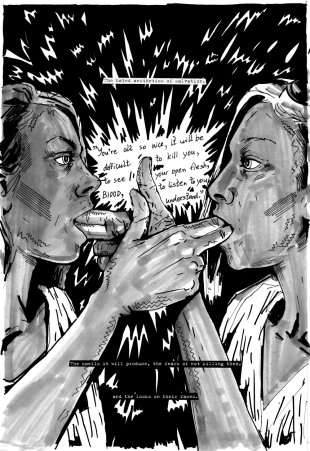 Jennifer was bleeding. Eight arms were embracing her. Embraces were accelerating. It hurt. It was a hug and she was supposed to enjoy it. It was love with a capital L.
Jennifer was bleeding. Eight arms were embracing her. Embraces were accelerating. It hurt. It was a hug and she was supposed to enjoy it. It was love with a capital L.
She was loved for enjoying it and she did enjoy it when she was loved.
Eight arms were an extension of her self. They were biology and its essence. They were it. The arms were covered with millions of vaginas.
-I am almost there. whispered Jennifer in her head.
She was blinded.
The pleasure drastically turned into dissatisfaction. Her skin felt hot, burning from pain and suffocation. She wanted to scream, but that would break the spell. If she uttered the sound of pain the pain would materialize, it would become real, it would immediately turn on her. She decided to remain silent. She burned.
Now her silence was active. It was not a darkness like the darkness of the night that turns and twists into the unknown, from space to object, count after count to the infinite. The darkness that she conjured was thick as soot. Her darkness had no consequence and no beginning. She demanded the end. Total clearing.
– I am not what you think I am. Save me from the woman I’m not. Hold my hand and turn me inside out. Peel me in half and look inside. What do you find? –
Inside of her they found a black cellar full of dust and a dead man.
The cellar shut. In the breach they remained.
The count of infinite turned back to zero.
Jennifer stopped bleeding.
NO4 “THE CARCASS OF HISTORY”
Download Voider No4 (full issue PDF)
The air is sharp tonight. I am walking on pavement. I jog in reverse. There are lights and there are voices. There are bodies and there are languages. They brush against me as I run. I brush them off, I keep running.
There was a grocery store on this corner before. The owner would talk of his children and family down south. He used to say that tension was growing down there. Tension will never reach this space. Tonight his silhouette is printed in shadow. I keep running.
I pass by a body on the corner. A speech and a gaze are directed at me. I close my eyes and let the sound envelope my mind. Nothing. I hear spaces and tones of a voice. I move on.
Jane’s and my conversations became consequently more and more tedious. From gradients of opinions we slowly slid into indecision. Into a decision that was always hungry and never content. Or was it too content and not hungry enough? The last thing Jane said to me – There is nothing I can say that will ever mirror your thought. That was when we gave up on language. The sound of her mouth-rhythms are slowly fading in my memory.
I pick up speed. I run through a street light.
There is not a right way to cut bread. There are endless difficulties where crumbs are concerned. I should have toasted it darker. I can never get it to look the same way as the day before. It drives me crazy.
Nothing will happen anymore so it is impossible to decide anything.
Posted in Casper, The Carcass of History, VOIDER ISSUES
Tagged The Carcass of History
Comments Off on NO4 “THE CARCASS OF HISTORY”
Tap Field 8: Night of the World
download MP3 file. 320 kbps. 10 Megs.
Posted in Tap Field, VOIDER MUSIC
Comments Off on Tap Field 8: Night of the World
Tap Field 7: Steam
download MP3 file. 320 kbps. 25 Megs.
Posted in Tap Field, VOIDER MUSIC
Comments Off on Tap Field 7: Steam
Tap Field 5: Steam Valve Assembly
download MP3 file. 320 kbps. 1.5 Megs.
Posted in Tap Field, VOIDER MUSIC
Comments Off on Tap Field 5: Steam Valve Assembly
Tap Field 4: Interrupter Gear
download MP3 file. 320 kbps. 17 Megs.
Posted in Tap Field, VOIDER MUSIC
Comments Off on Tap Field 4: Interrupter Gear
‘What would we have done’, not, ‘What is to be done’
I keep coming back to these three posts by Mark Fisher: Atwood’s anti-capitalism, Atwood response and Post-Apocalypse now.
“Ultimately, (Atwood’s) The Year Of The Flood feels like a symptom of the libidinal and symbolic impasses of so much so-called anti-capitalism. Atwood imagines the end of capitalism, but only after the end of the world.”(from Atwood’s anti-capitalism)
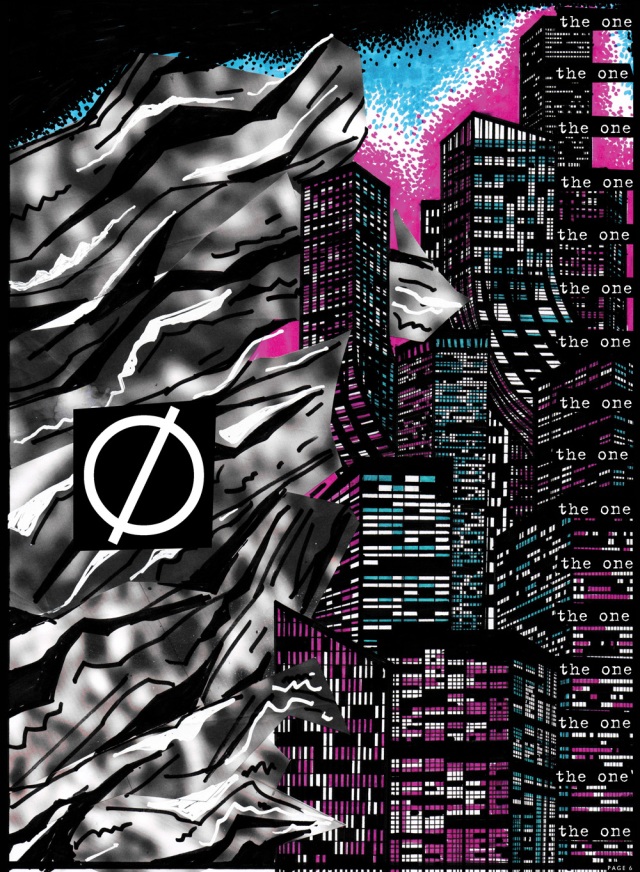 Why do we so easily relish the idea of apocalypse: as the ultimate cleansing field, the restoration to an authentic Real? With or without us humans, we still imagine the end of the world as some sort of natures retort to all our bad doings. We idealize Nature as fundamental chaos, but the word “fundamental” plays an important role here, since in this fundamentality we frame nature’s chaos within the limit of itself, as if nature is the ultimate order upon its own chaos. With this fundamentalization of chaos we define natures anthology as a limited realm. If we consider being a presentation (“what presents itself is essentially one”[1]), then following that logic, nature’s chaos must essentially be its characterization, its real. At this point in the process, nature is conditioned by its totality, or its Oneness. But how can we so blindly ignore the deadlock that this thought brings before us; If nature is equated with Oneness, then that must certainly cancel out its potential of becoming more than it is, and consequently, if nature is ceased to be more than it is as we know it, then the idea of apocalypse certainly might seem impossible to imagine. The apocalypse in the case of total Nature takes a fictional character. It becomes an implausible problem in that we can easily fictionalize, but can’t truly fathom it happening. If Nature is totality, then it’s end is so easily envisaged, because in reality, unconsciously we simply can not permit it. We dwell in the perpetual impossibility of the apocalypse.
Why do we so easily relish the idea of apocalypse: as the ultimate cleansing field, the restoration to an authentic Real? With or without us humans, we still imagine the end of the world as some sort of natures retort to all our bad doings. We idealize Nature as fundamental chaos, but the word “fundamental” plays an important role here, since in this fundamentality we frame nature’s chaos within the limit of itself, as if nature is the ultimate order upon its own chaos. With this fundamentalization of chaos we define natures anthology as a limited realm. If we consider being a presentation (“what presents itself is essentially one”[1]), then following that logic, nature’s chaos must essentially be its characterization, its real. At this point in the process, nature is conditioned by its totality, or its Oneness. But how can we so blindly ignore the deadlock that this thought brings before us; If nature is equated with Oneness, then that must certainly cancel out its potential of becoming more than it is, and consequently, if nature is ceased to be more than it is as we know it, then the idea of apocalypse certainly might seem impossible to imagine. The apocalypse in the case of total Nature takes a fictional character. It becomes an implausible problem in that we can easily fictionalize, but can’t truly fathom it happening. If Nature is totality, then it’s end is so easily envisaged, because in reality, unconsciously we simply can not permit it. We dwell in the perpetual impossibility of the apocalypse.
Now, if we allow the impossibility of the paradox of finite chaotic nature, we must accept that the Oneness of nature is not. “This decision can take no other form than the following; the one is not. It is not a question, however, of abandoning the principle Lacan assigned the symbolic; that there is Oneness. Everything turns on mastering the gap between the presupposition (that must be rejected) of being of the one and the thesis of its ‘there is’. What could there be, which is not? Strictly speaking, it is already too much to say ‘there is Oneness’ because the ‘there, taken as an errant localization, concedes a point of being to the one.”[1] The claim that ‘there is nature’, or, ‘there is an evental apocalypse to come’, is an effect of our idealized and conditioned relation to it. This contradiction maintains the impossibility of an approaching evental apocalypse, and equates it to a mystical totality.
What we need to realize is that if nature is not a totality, then it is not at all, and the ever approaching apocalypse is actually here, and has always been here. Post-apocalyptic thinking is the ontological operation on nature/one that is not. “What has to be declared is that the one, which is not, solely exists as operation. In other words: there is one, only the count-as-one. The one, being an operation, is never a presentation. It should be taken quite seriously that the ‘one’ is a number. And yet, except if we pythagorize, there is no cause to posit that being qua being is number. Does this mean that being is not multiple either? Strictly speaking, yes, because being is only multiple inasmuch as it occurs in presentation.”[1]
If there is no Nature, and if there is no approaching the apocalypse, then what else could there be?
Here’s the paragraph from Mark Fisher’s Post-Apocalypse now:
“So one tactic is to stop imagining eco-catastrophe and Realise it – which is not to say bring it about, but to act as if it has already happened. This is the intriguing suggestion from Jean-Pierre Dupuy which Zizek takes up, most recently in First As Tragedy, Then As Farce. The only way to prevent the catastrophe, Zizek and Dupuy suggest, is to project ourselves into the post-apocalyptic situation and think what we would have done to have avoided it. In other words, we must act as if what is in fact the case – the inevitability of catastrophe – is the case. The simulation, the as-if, is necessary in part because the Real, here as elsewhere, cannot be confronted directly, and can only emerge in the form of a fiction. The shift to the question of ‘what would we have done’ has the benefit of circumventing the capitalist realist/postmodernist foreclosure of the old modernist-Leninist question, ‘What is to be done.’ An anti-capitalism need not be imagined any more than the end of the world has to be: it is Realized in the encounter with the fictional-virtual-Real of inevitable apocalypse.”
Perhaps if we accept the end of the world now, then the perpetual What is to be done will be rightly replaced with the more urgent and post-apocalyptic, What would we have done. Only after that clearing we might possibly start imagining the end of/alternative to capitalism.
[1] Being and Event, Alain Badiou
Posted in Uncategorized
Comments Off on ‘What would we have done’, not, ‘What is to be done’


